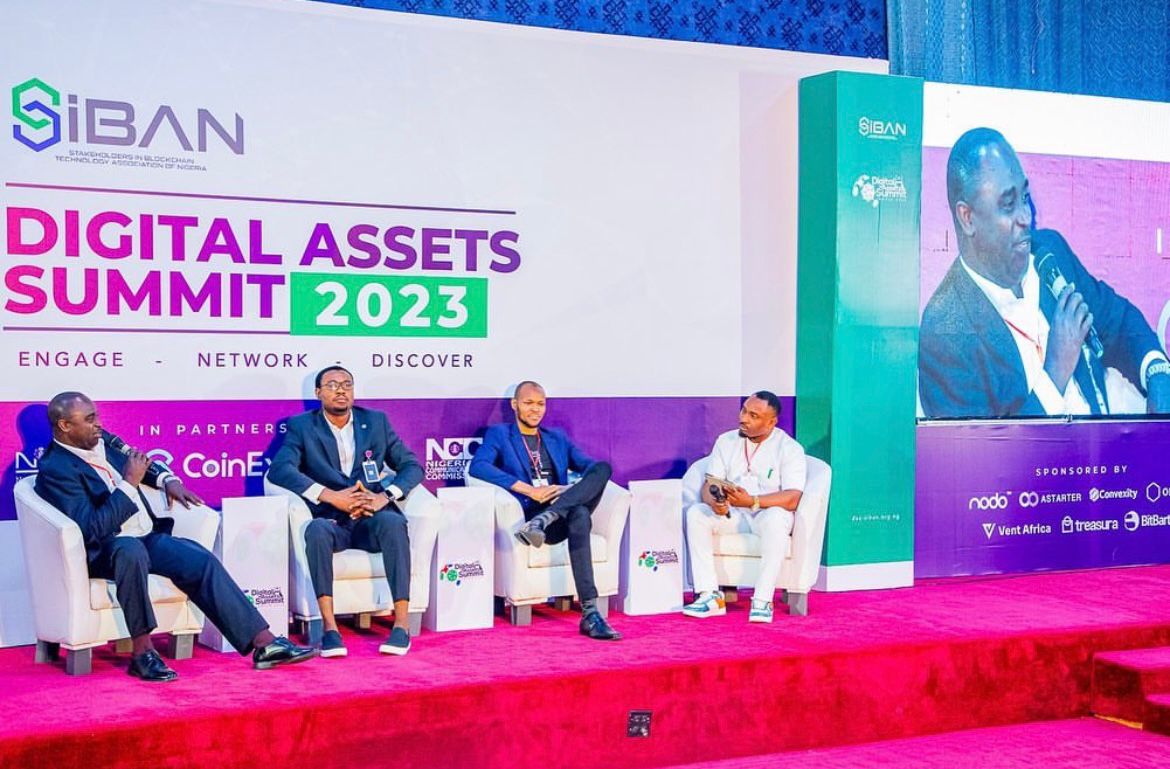
The Slow Progress in Implementing Digital Asset Regulation in Nigeria
A group of Nigerian digital asset professionals gathered at the Stakeholders in Blockchain Technology Association of Nigeria (SIBAN)’s Digital Assets Summit 2023 in Abuja to discuss the future of digital asset regulation in Nigeria. In the panel titled "The Future of Digital Assets: Regulatory Uncertainty and the Way Forward," the group delved into the reasons behind the slow implementation of digital asset regulation and blockchain policy in the country.
NITDA's Developmental Regulation as a Positive Step
During the discussion, Adedeji Owonibi, CEO of Convexity, emphasized that the developmental regulation created by The National Information Technology Development Agency (NITDA) is a significant milestone in understanding and creating a favorable environment for the blockchain and crypto industry. According to Owonibi, this step should have been taken by the Central Bank of Nigeria (CBN) back in 2021 instead of severing ties between cryptocurrency exchange firms and local banks.

Regulatory Hurdles Caused by Lack of Understanding
Preye Itonyo, the deputy director of NITDA's Digital Economy Development Department, acknowledged the progress made by NITDA in crafting a blockchain policy. However, he highlighted the regulatory hurdles posed by the decentralized nature of blockchain, which has resulted in a lack of understanding of blockchain and cryptocurrency concepts in Nigeria. He emphasized that this lack of understanding was the driving force behind the crypto/traditional finance ban in 2021.
The Need for Regulation to Foster Security and Scalability
Nigeria recently topped a global survey as the most cryptocurrency-aware population in the world, with 90% of respondents expressing interest in investing in cryptocurrencies in the next year. However, with this growing interest, there is a pressing need for regulation in the industry to ensure security while promoting scalability.
NITDA's Steps Towards Safety and Protection
In response to the need for regulation, Itonyo explained that the already established blockchain policy is Nigeria's first step towards ensuring the safety and protection of crypto investors. He further disclosed that NITDA has formed a steering committee to facilitate the implementation strategies of the national blockchain policy, with the Central Bank of Nigeria (CBN) and the Nigerian Communications Commission as committee members.
Did you miss our previous article...
https://trendinginthenews.com/crypto-currency/casa-launches-ethereum-vault-relay-service-for-enhanced-user-privacy






